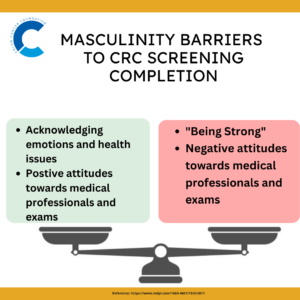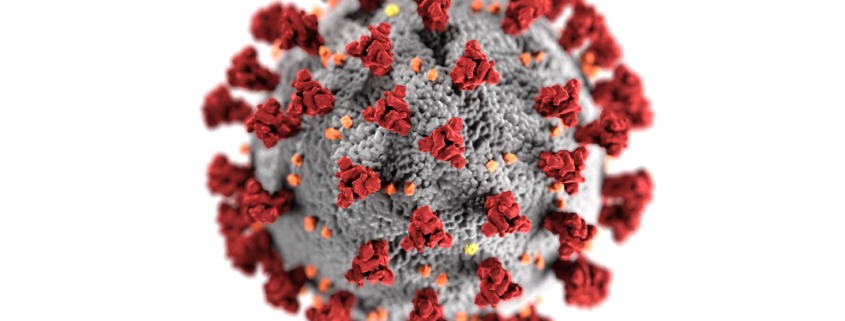Colorectal cancer (CRC) mortality is preventable with regular screening. Differences in early detection screening rates lead to disparities in CRC mortality among White, Black, and American Indian/Alaska Native (AIAN) men. Complicating the issue of racial disparity observed with CRC screening rates is the psychosocial aspect of men’s health. A recent study investigated the impact of masculinity barriers on CRC screening and found that they influence CRC screening completion.
This survey-based cross-sectional study analyzed the association between the male thought process and the successful completion of CRC screening tests. Male respondents aged 18 to 75 years from across the U.S. who self-identified as Black, AIAN, or white were surveyed. Four Masculinity Barriers to Medical Care subscale were investigated:
- Being strong
- Acknowledging emotions and health issues
- Positive attitude toward medical professionals and exams
- Negative attitude toward medical professionals and exams
The highest score, which translates into the greatest barrier for screening, was for “Being strong” and “Negative attitudes towards medical professionals and exams”
Lower scores were observed for “Acknowledging emotions and health issues” and “Positive attitudes toward medical professionals and exams”

For all men, “being strong” was associated with a 54% decreased odds of CRC screening completion.
Reluctancy to seek and engage in preventive health services, such as CRC screening, due to fear of presenting as weak or vulnerable is associated with men who strongly support masculine ideals. The investigation also demonstrated that Black men who scored higher on negative attitudes toward medical professionals and exams subscale had lower odds of CRC screening uptake. The sensitivity analysis of the study reflected that AIAN men had lower odds of CRC completion than Black men.
Medical mistrust is positively correlated with masculine ideologies. Despite decreasing CRC incidence and mortality rates in adults ages 50 years and older, early-onset CRC has increased among adults younger than 50 and is predicted to increase by 90% by 2030. Considering the above masculinity barriers in future population-based and intervention research is critical for increasing men’s participation in CRC screening.
Sahar Alam is a Colorectal Cancer Prevention Intern with the Colon Cancer Foundation.


